Business Week: Who blocked sanctions against Russia, Ukrainians are buying up "crypto" and imported pork

While global gold prices are hitting record highs, Ukrainians are increasingly delving into cryptocurrency – transactions involving it are twice the size of state budget revenues. Naturally, this is attracting the attention of tax authorities: Danylo Hetmantsev has started issuing threats, albeit rather abstract ones so far. Moving to specifics is difficult, as a law enforcement agency like the State Fiscal Service is in a systemic crisis – even with employees being granted "protection," the staff is only half-staffed. Given the specifics of this structure, it's not clear to everyone how much of this news is bad.
The good news this week is definitely the €140 billion for the "victory loan" and the extension of the "visa-free regime" for Ukrainian freight carriers.
Read about these and other significant events in our business news digest LIGA.net.
Over gas: Slovakia blocks 19th package of sanctions against Russia
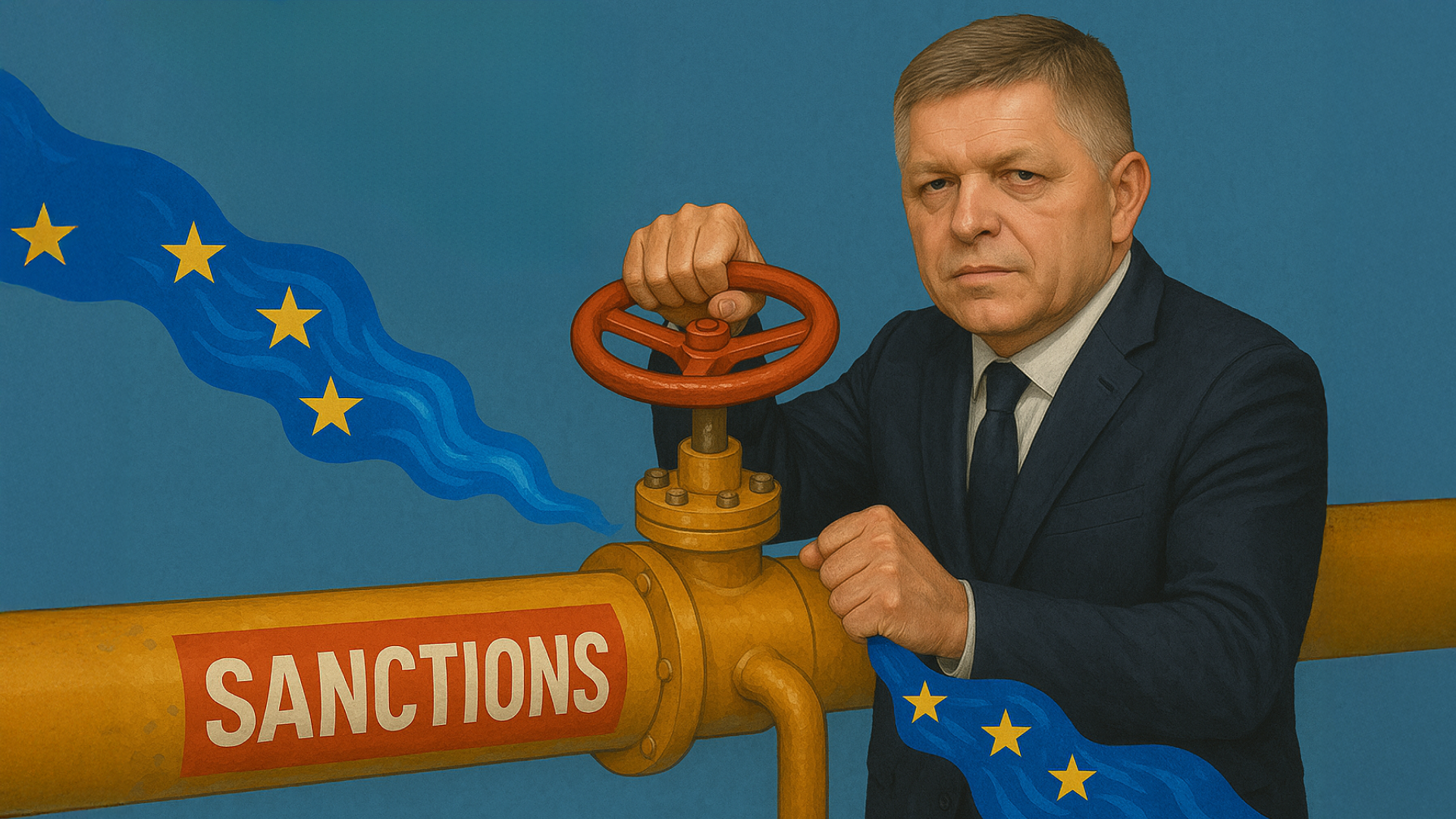
On Friday, September 26, ambassadors from the 27 European Union countries failed to agree on the 19th package of sanctions against Russia. This was the first attempt at approval. This was reported Vladyslav Vlasyuk, the President's Envoy for Sanctions Policy.
According to him, most of the points of the new sanctions package have been agreed upon. However, a final agreement could not be reached because "the Slovaks don't like LNG".
It was previously reported that Slovakia was blocking the agreement reported and RFE/RL's Europe editor, Ričard Jozviak. He expressed doubts that the ambassadors would be able to agree on the 19th package before the EU leaders' summit in Copenhagen on October 1.
19th package of sanctions against the Russian Federation, which the European Commission presented a week ago, concerns energy, the banking sector, and the export of goods and technologies. In particular, it concerns ban on LNG from Russia starting from January 1, 2027.
Slovakia has already publicly stated that is not ready to give up Russian gas because there are no alternatives to Russian energy resources at a reasonable price.
Ukrainians increased their spending on car imports by a quarter: they paid $3,2 billion in seven months

LIGA.net reports in January-July 224.5 thousand cars (both new and used) were imported into Ukraine. This is 17% more than last year.
The monetary cost of such imports increased even more – by 22%, reaching almost $3.2 billion (+22%) indicates Ukravtoprom.
Top 10 countries supplying passenger cars:
1. GERMANY – 49963 units;
2. USA – 39320 units;
3 CHINA – 22835 units;
4. JAPAN – 20257 units;
5. KOREA – 14491 pcs;
6. FRANCE – 14399 units;
7. CZECH REPUBLIC – 11188 units;
8. GREAT BRITAIN – 10312 pcs;
9. MEXICO – 9149 units;
10. ROMANIA – 5782 units.
German Chancellor proposes to provide Ukraine with 140 billion euros for the next years of the war
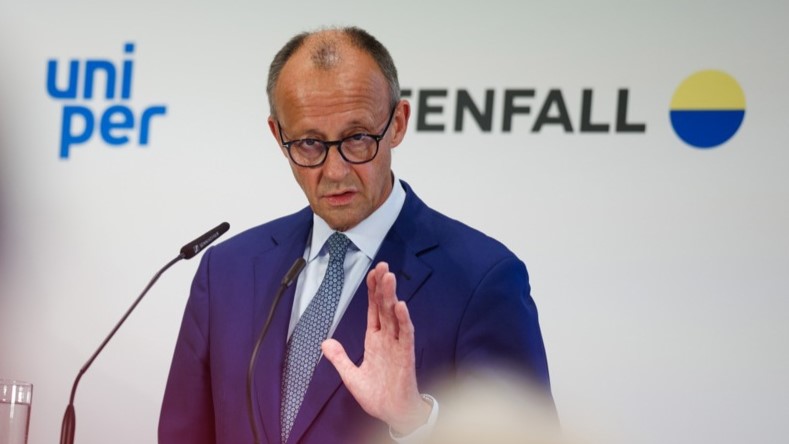
German Chancellor Friedrich Merz proposes to provide Ukraine with a "reparations loan" on a scale that will ensure its military resilience, reports LIGA.net with reference toFinancial Times. This concerns a zero-interest loan of 140 billion euros. This is three times more than Ukraine's defense budget for the current year, which is 46.3 billion euros (2.22 trillion hryvnias).
According to Merz, providing such a loan could become a lever that would destroy Vladimir Putin's bet on prolonging the war, but for this, the EU countries must show courage – to not just react to Russia's actions, but to impose their own agenda on it.
"Moscow will only sit down at the negotiating table for a ceasefire when it realizes that Ukraine has greater endurance. And we have that endurance," Merz wrote.
How and when
"I will discuss this proposal with the heads of state and government of Europe at our meeting in Copenhagen next Wednesday [October 1]. I propose that at the European Council at the end of October we be given a mandate to prepare this instrument in a legally secure manner," wrote Merz.
Such large-scale assistance will require budgetary guarantees from the member states of the European Union, but they will then be replaced by funding from the next multiannual budget of the European Union for 2028-2034.
"Ideally, this decision should be unanimous, but if that is not possible, it should be adopted by a majority of member states that firmly support Ukraine. Partners from around the world who have frozen Russian assets should also be invited to participate in this mechanism. To this end, we will coordinate closely with our G7 partners," added the German Chancellor.
Regarding repayment
The Chancellor emphasized that Germany does not support the confiscation of the frozen assets of the Central Bank of Russia, but believes it is possible to develop a viable solution that would allow Ukraine to receive a multi-billion dollar interest-free loan without interfering with property rights.
"This loan will only be repaid after Russia compensates Ukraine for the damages caused during this war. Until then, Russian assets will remain frozen, as decided by the European Council," Merz wrote.
The annual turnover of cryptocurrency among Ukrainians is twice as high as the state budget revenue

LIGA.net leads to information from report According to the European Bank for Reconstruction and Development, Ukraine ranks sixth in the world in terms of cryptocurrency usage. As of 2024, it is only surpassed by India, Nigeria, Indonesia, the USA, and Vietnam. From July 2023 to July 2024, Ukrainians conducted cryptocurrency transactions totaling $106 billion and spent $882 million on Bitcoin purchases.
The growth in crypto activity is largely related to "institutional transactions" in the range of $1-10 million and "professional transactions in the range of $10,000 to $1 million," according to the report.
Such volumes aroused the chief fiscal ideologue, the head of the Verkhovna Rada's tax committee Danylo Hetmantsev. In his opinion, income tax should be paid on cryptocurrency transactions at a rate of 23%.
"A person who has been evading taxes until now will eventually have them all calculated at once for several years. This can be very painful. Therefore, if someone is planning their financial life for at least 10 years, I highly recommend that they take advantage of the opportunity that will arise after the final adoption of the law and come out into the open," said Hetmantsev.
The Verkhovna Rada is considering a bill that provides for taxation of income from operations from virtual assets (in the form of the difference between sale and purchase) at a rate of 18%. For assets acquired before the law comes into force, a preferential rate of 5% should be applied for the first year. If the taxpayer does not exercise this right, then such profits will be taxed on a general basis.
Pork imports have increased eightfold – the price of it has increased by 1.5 times
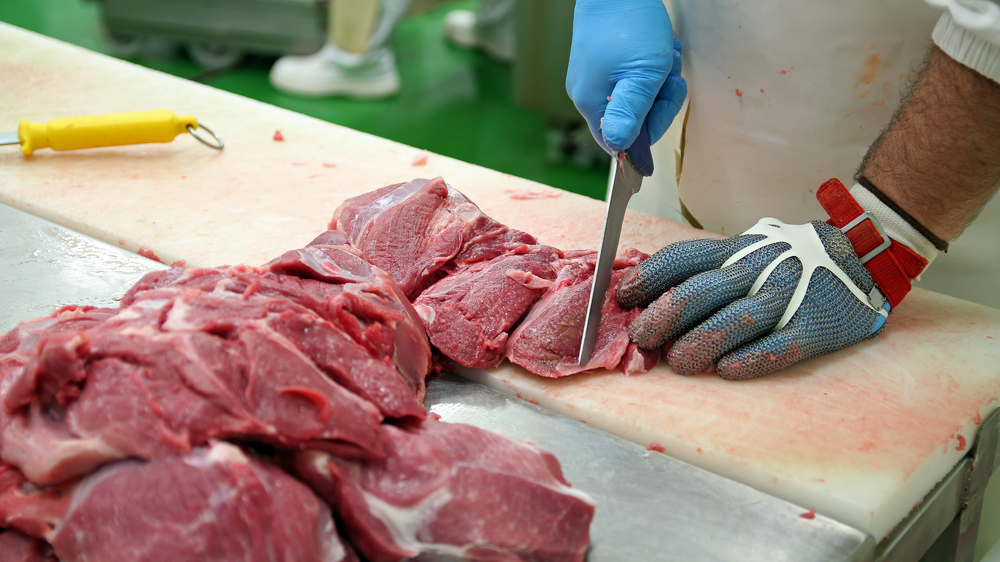
There is a shortage of Ukrainian pork due to the reduction in the pig population during the winter. The reason is African swine fever (ASF).
Pork imports have been growing rapidly in recent months reports LIGA.net. While 7,200 tons of meat were imported from January to June, this figure was exceeded in the following two months alone. In July-August, 7,700 tons of pork were imported, with the majority – almost 5,000 tons – arriving in August. These figures are cited by the Ukrainian Club of Agrarian Business (UKAB).
It is predicted that purchases may exceed 25,000 tons by the end of the year, with the main share of supplies falling in the second half of the year.
The reason for the active import was the reduction in the pig population to 4.5 million heads in winter, mainly in private households. This led to a meat shortage in the domestic market and a rise in prices.
In September, the purchase prices for live weight of pigs were 98–100 UAH/kg, which is 60% more than in September 2024.
The main suppliers of pork to Ukraine are Denmark, Poland and the Netherlands.
The State Bureau of Investigations is not functioning as it should: Audit Office found a systemic crisis
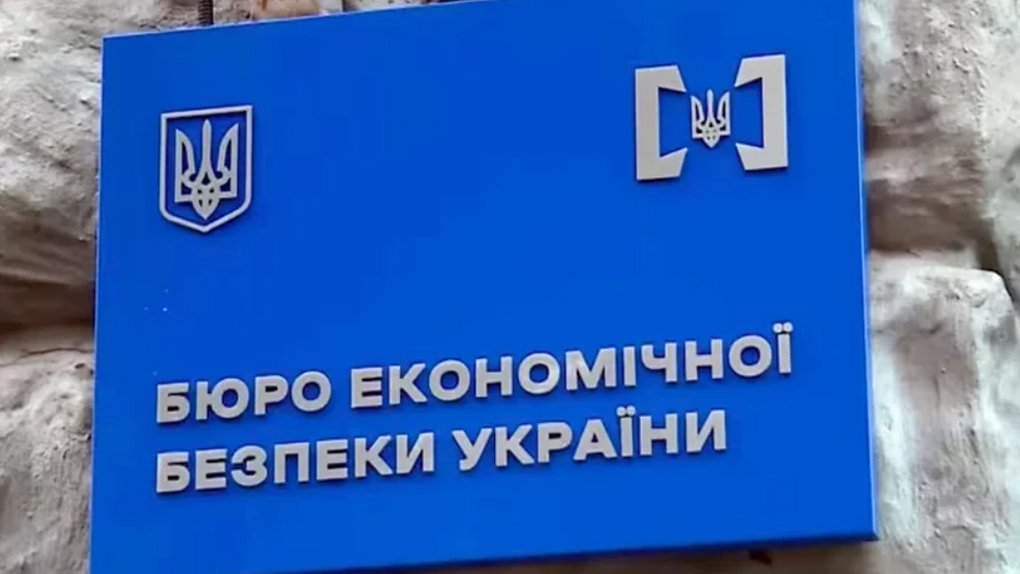
The recommendations of the State Bureau of Investigations (SBI) are ignored, access to registers is restricted, and the salaries of SBI employees are 37% lower than those of the National Anti-Corruption Bureau (NABU). Problems have already begun to be corrected, and this body has been placed under the responsibility of the Prime Minister.
The Audit Office audited the work of the Bureau of Economic Security for the period 2021-2024. The conclusion is – is indicated regarding the discrepancy between the current activities of the Special Investigation Bureau and the goals and objectives set for it.
Created as a preventive body, i.e., to prevent economic crimes, the State Bureau of Economic Security (SBES) is actually mainly engaged in investigating crimes that have already been committed.
According to the Accounting Chamber, the main reason for the ineffectiveness of the Bureau of Economic Investigations (BEI) is gaps in the legislation. For a long time, only the main documents were adopted – the relevant law and the regulations on the BEI, and many regulatory acts were not finalized.
"For example, the Bureau's functions include providing recommendations to government bodies in the field of economic security. However, no regulatory act obliged other bodies to implement them. As a result, there was no reaction to 1778 recommendations from the State Economic Security Bureau (with a total risk assessment of UAH 22.9 billion)," the Audit Office reported.
The State Bureau of Investigation has not yet been granted access to all registers and lists, which limits its ability to collect data and conduct a full analysis.
The Accounting Chamber also pointed to the systemic underfunding of the State Bureau of Investigations (on average, only 20% of the bureau's financial needs are met, salaries are 37% lower than those of the National Anti-Corruption Bureau) and a critical staff shortage (the staff is only half-staffed).
The agency indicates that some of the problems of the State Bureau of Investigation (SBI) began to be resolved during the audit. It was possible to approve the procedure for paying monetary compensation to persons with special ranks, a new director, Oleksandr Tsyvinskyi, was appointed, and the SBI itself was placed under the responsibility of the Prime Minister of Ukraine.
Attacking logistics: Shahed drones target locomotives and railway transformers
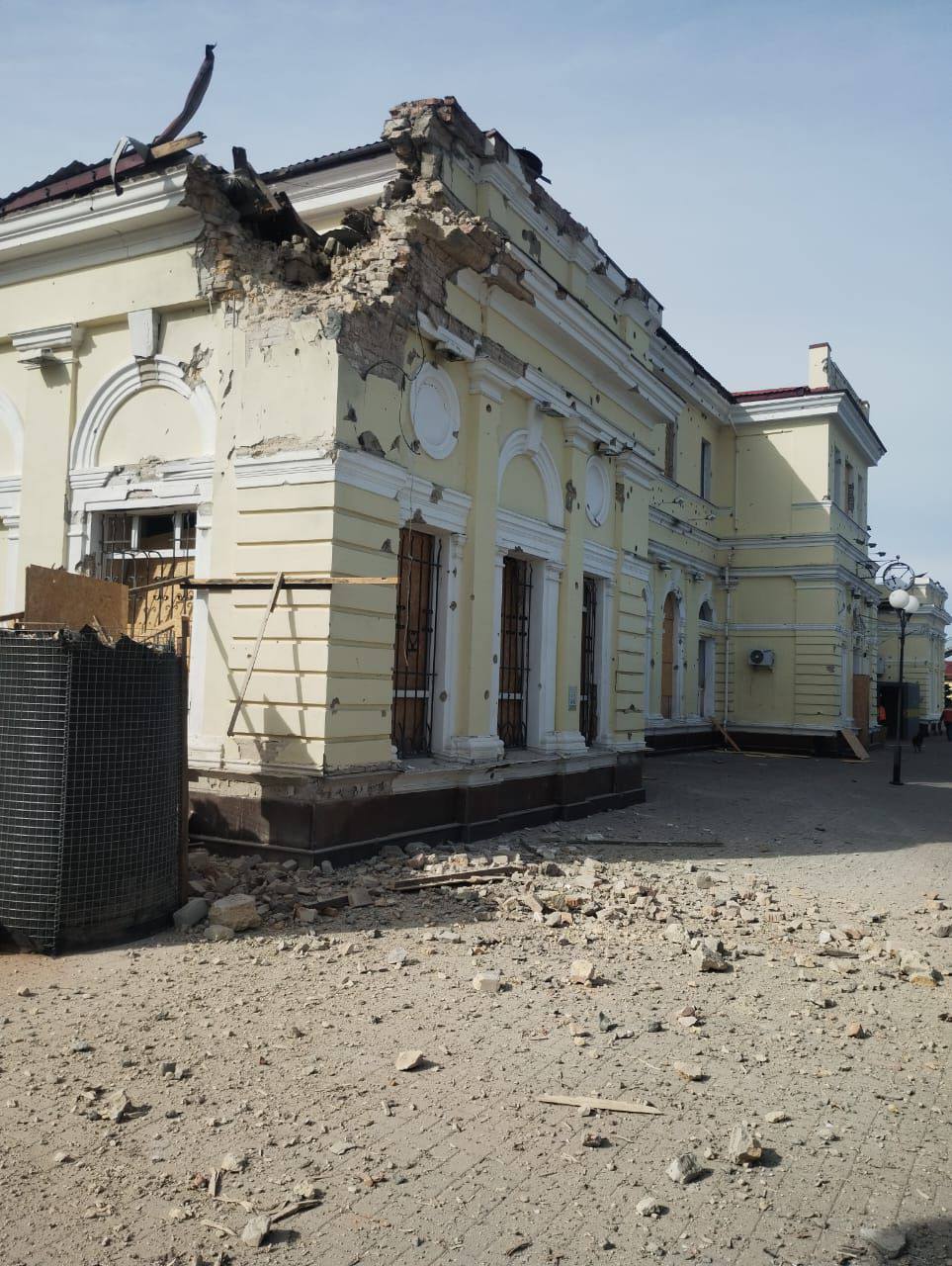
The head of Ukrzaliznytsia (Ukrainian Railways) said that the railway infrastructure is attacked every night by an average of six to seven Russian Shahed drones.
CEO (Chief Executive Officer) Ukrainian Railways Oleksandr Pertsovskyi in an interview Reuters said that the current Russian tactic is to strike key nodes of the Ukrainian railway with long-range drones.
"These are all, in essence, attacks on civilian infrastructure," he stressed.
Pertsovskyi links the intensification of attacks to the sharp increase in the production of long-range drones by the Russian military-industrial complex. "Previously, they simply didn't have enough resources for a single combat drone, such as the Shahed, to target a locomotive. Now they can afford to use Shaheds to strike individual locomotives, not just strategic targets," he said.
Since mid-summer, Russia has been attacking power substations and other railway infrastructure with an average of six to seven Shahed drones almost every night.
"They... act systematically, disabling one substation after another or key railway hubs to stop passenger trains," said Pertsovsky. Recent examples include attacks on stations. Lozova, Synelnykove, Koziatyn.
Despite the systematic attacks, the Ukrainian railway is so far withstanding the load, and the transit of military cargo has not been affected.
"It's a marathon... They hit us, we recover. They hit us, we recover," he said, describing the situation.
According to the World Bank, approximately 30% of Ukraine's railway network is in a "damage-repair" cycle.
In 2026, the state budget plans to receive 14 billion hryvniasrevenue from online salesin and freelance incomeand

LIGA.net investigated what the government's draft law is about No. 14025. The law, which will require sellers and freelancers to declare their income and platforms to become tax agents, is expected to bring 14 billion hryvnias into the state budget. OLX, RozetkaGlovo, Amazon or Airbnb – they all fall under the new rules.
The new rules will apply to all adults (18 years and older) who earn money through digital platforms – both websites and mobile applications. The new rules cover providing services such as taxi rides through Uklon or Bolt, tutoring and other freelance services on platforms like Preply, Upwork, Kabanchik, renting accommodation through platforms like Airbnb or Booking, and selling on foreign websites like Amazon or Etsy.
- The tax for sellers from digital platforms is 5% personal income tax + 5% military levy (10% in total) if a special account is opened in the bank.
- If the account is not opened, the standard rate of 18% + 5% = 23% applies.
The income limit for accountable sellers is up to 834 minimum wages per year (approximately 6.7 million UAH).
What will change for the platforms and what penalties are proposed – Read in the article "Freelancers, taxi drivers, and OLX sellers. Who will have to pay taxes on online sales?"
Gold already $3759 per ounceThe most expensive in history

Currently, the rate of growth of global gold prices is similar to that of 1979, when the USSR invaded Afghanistan, the Islamic revolution took place in Iran, and the oil crisis reached a new level.
The price of gold peaked on September 23rd. A new all-time high was set – $3759 per ounce. Since the beginning of the year, the precious metal has increased in price by 43%. LIGA.net notes referencing The Guardian.
According to Jim Reid, market strategist at Deutsche Bank, gold is currently on track for its strongest annual growth since 1979. Back then, amid the oil crisis following the Iranian Revolution, gold prices surged 127% – from $226 to $512 per ounce.
Investors are once again viewing gold as a hedge against inflation and economic instability.
In the first nine months of 2025, gold set 37 new all-time highs, which is unprecedented in the modern history of financial markets.
The current 43% increase has already surpassed the 2024 figures, when gold rose by 27%. However, in order to beat the 1979 record, the precious metal still needs to rise significantly.
"Visa-free transport" or "Transport visa-free" extended with the EU until 2027
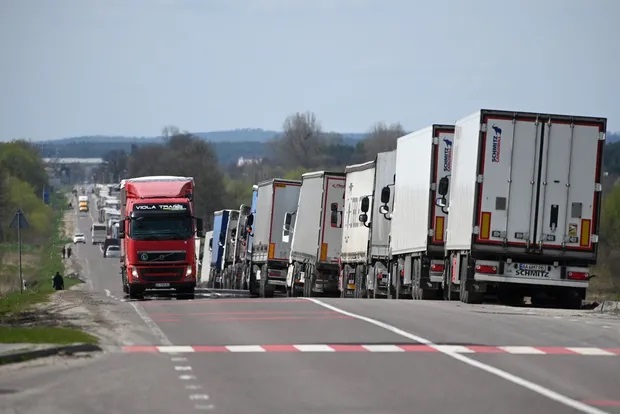
Ukrainian road freight carriers will not need European permits until March 2027. This was agreed upon on September 25th by the Ministry of Community and Territorial Development of Ukraine and the European Commission reported press service of the ministry.
"It is primarily by road that we export goods with added value, which constitutes a significant portion of our budget revenue. [...] During the period of the agreement, the share of Ukrainian trade with the EU by road transport has increased by almost 55%, and this is a direct positive impact of our agreements on the economies of both sides," – noted the Minister of Community and Territorial Development. Oleksiy Kuleba.
The ministry stated that the extension of the agreement does not involve the introduction of updated rules for its implementation.
For its part, Ukraine must implement key provisions regarding the business reputation of companies, the use of smart tachographs, and the training of managers and administrators of transport companies by the end of 2026. In particular, after July 1, 2026, new freight vehicles registered in Ukraine must be equipped with smart tachographs.
- Agreement on the liberalization of freight transport between Ukraine and the EU was signed in June 2022.
- The agreement expires in April 2025. has been extended until December 31, 2025.


Comments (0)